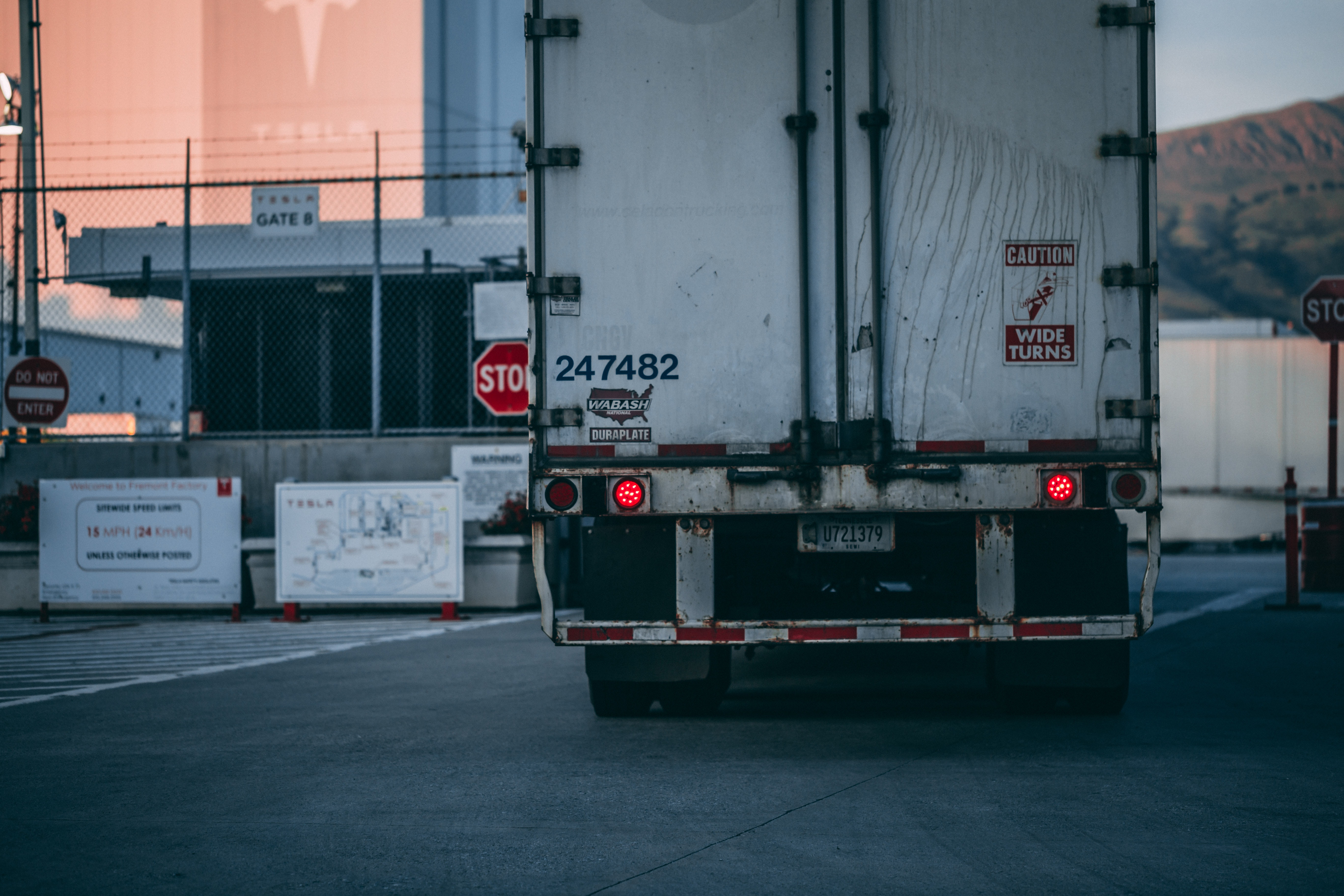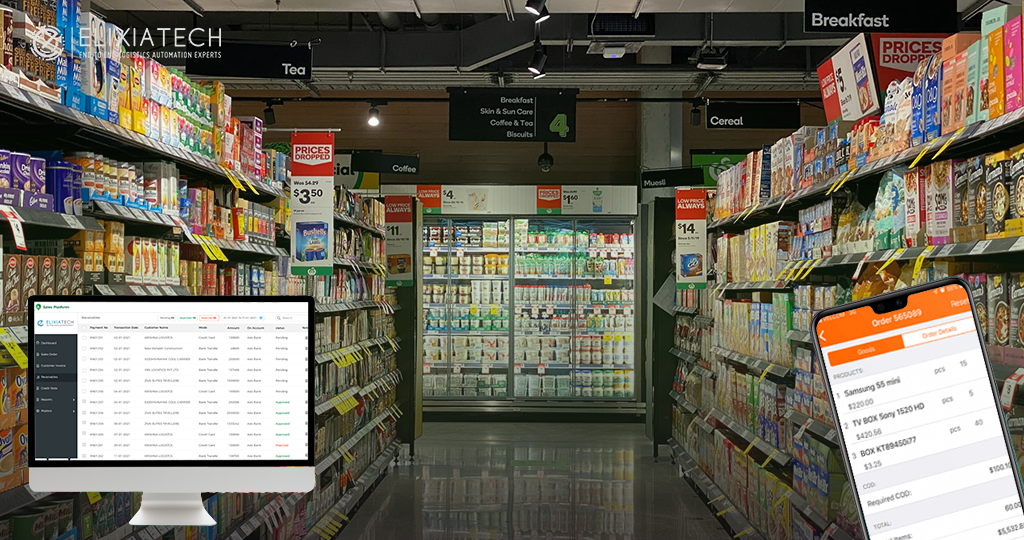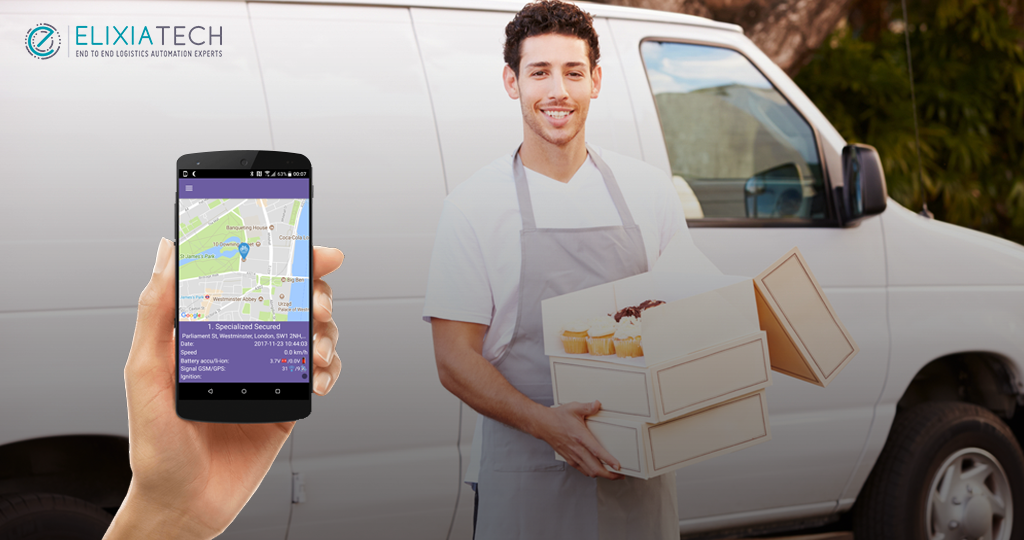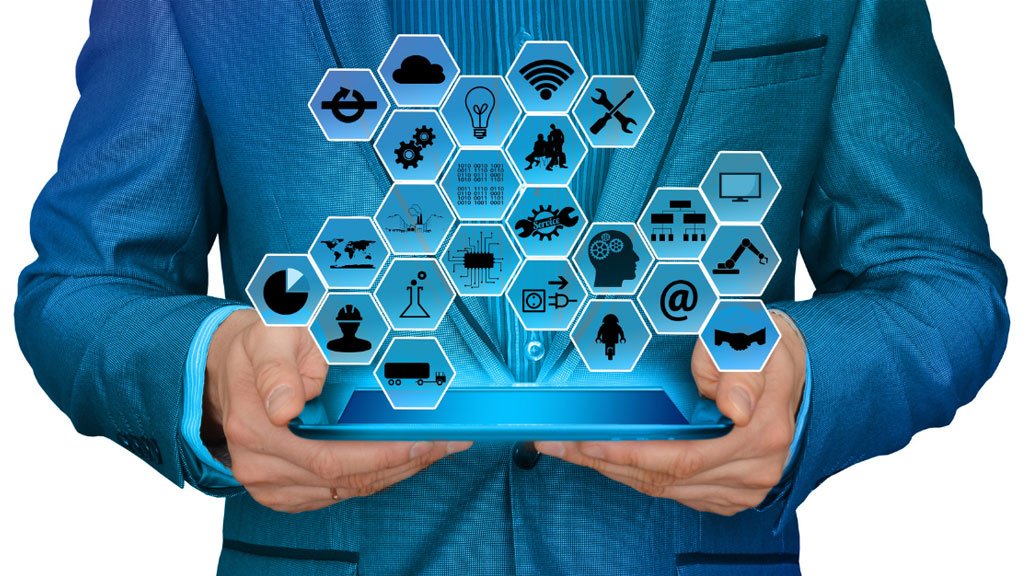
LOGISTICS TECHNOLOGY PRE-REQUISITES
When the World was shut, logistics and supply chain professionals were working round-the-clock to ensure product deliveries to the consumers in need. Small & big companies in the sector thus, started to explore various logistics technology-based solutions to ensure minimum human interaction in their processes without causing any disturbance to the processes from dispatch to delivery. After carefully analyzing the challenges faced in the past year, we came up with a list of the Top 6 Logistics Technology Pre-requisites for 2021. These logistics technology solutions are definitely medium to have more resilient and future-ready supply chains.
1. Gain real-time connectivity
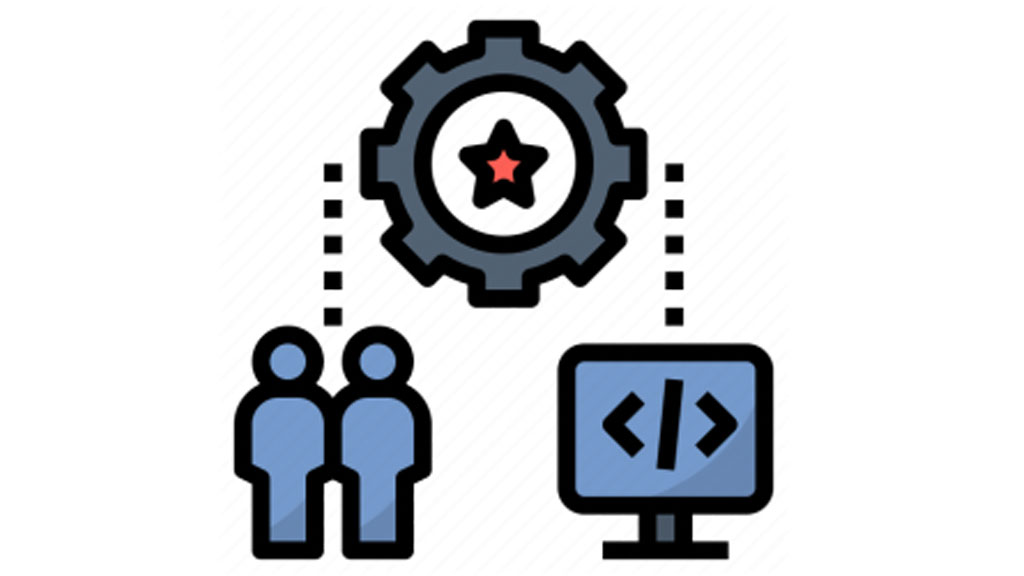
Logistics in itself is a well-knit Connect of transporters, vendors, suppliers, manufacturers, and many more stakeholders. The first priority thus is to ensure everyone is on a single platform. And next is to ensure everyone is always updated with the real-time status of the on-ground conditions.
The majority of supply chains to this date work in siloes. They often use their own system for individual processes and are often unaware of what is going on with other departments in the company. This leads to loss or delay of information which can further cause financial losses to the company. Especially in situations, of delayed delivery and last-minute vendor cancellations, the communication should flow on a real-time basis. Doing so also avoids the chances of recording any disputed transaction in the system.
Thus, ensuring real-time connectivity helps us break down these siloes and get more transparency in the system.
2. Preference for on-cloud system
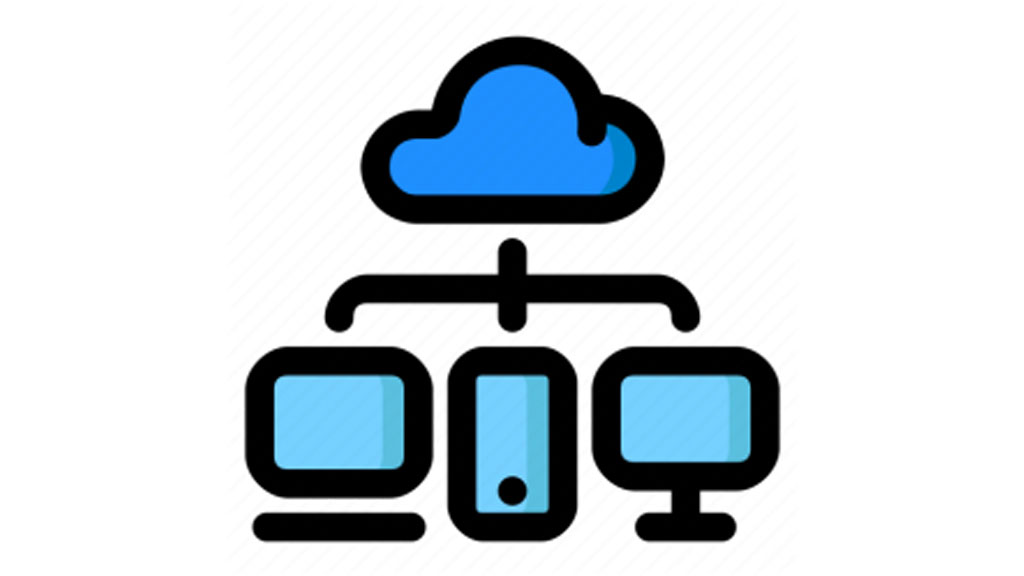
With the world moving towards a new normal, we are bound to lose the man-to-man connection on the ground. We cannot always ensure that the stakeholders will be present at the office dealing with the situation of crisis. Neither can we guarantee the quick repair of system breakdowns. Also, there is a lot of dependability on POCs of every particular department so the absence of one person can result in a delay in the approvals or movement of the shipment. All these issues can be sorted by moving all the daily logistics processes on an on-cloud platform.
Major benefits of doing so will be undisrupted connectivity, lesser downtimes, and improved accessibility resulting in real-time visibility and on-time communication.
3. Proactive & Intuitive platform
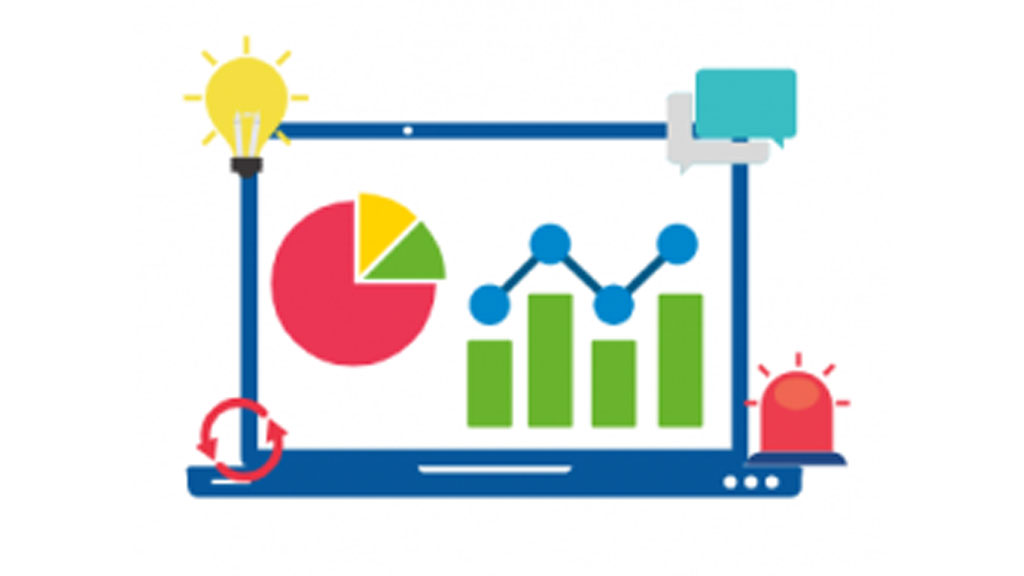
Getting things connected to one system is just the beginning. The next task is to ensure the system is proactive enough to handle undesirable situations. We cannot train technology for unexpected conditions, but we can anticipate possible deviations and define clear corrective actions beforehand.
A few practical examples here are:
If a transporter cancels the order last minute, the system should be capable enough to look for the next possible vendor and send the communication to him to fulfill the order request.
The system should automatically find the best alternate route and inform the driver and stakeholders instantly in case of a blocked delivery route due to accidents or unforeseen reasons.
4. Delivery Management platforms are the way forward
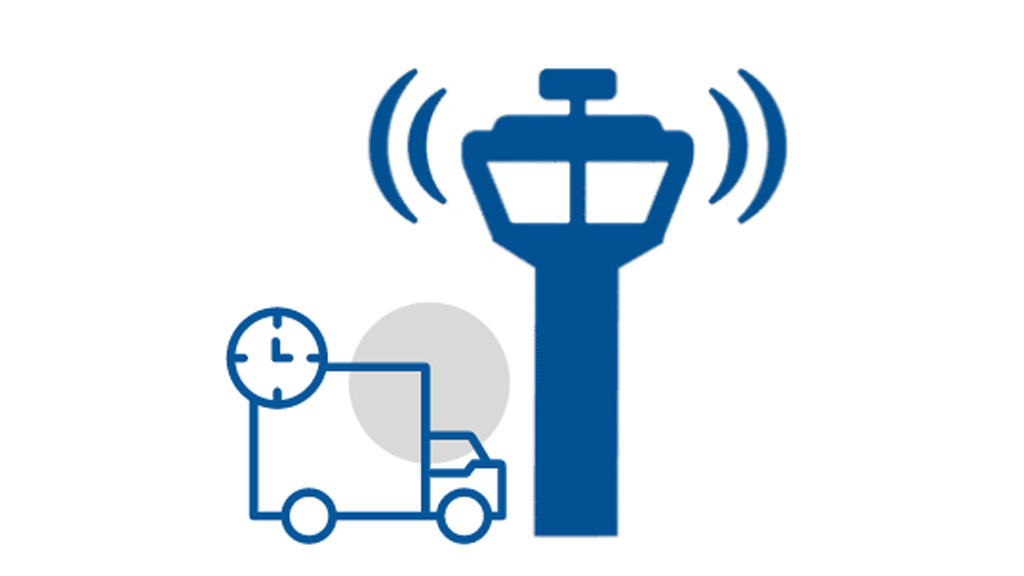
With the increasing demand for no-contact interactions throughout the trip, it becomes imperative to digitalize and automate each process as much as possible. Companies should digitalize, track, and store everything from LR generation to product delivery with PoD under one umbrella. Here’s when Intelligent Delivery management software comes into the picture.
It can not only provide end-to-end automation but help you manage all your operations individually as well as holistically.
5. Importance of external integrations
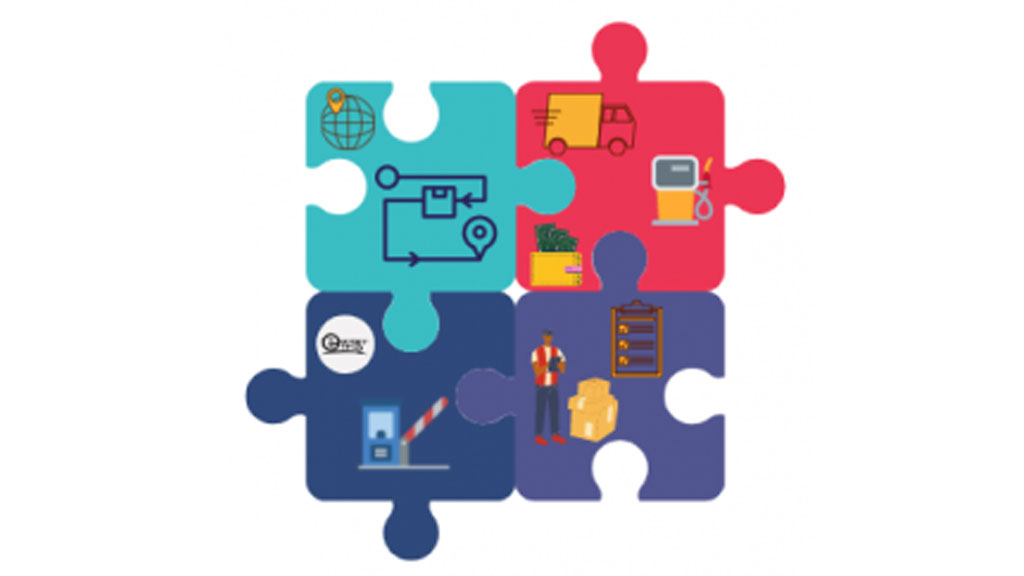
In addition to the internal integrations within various supply chain departments, we often deal with a variety of 3rd party vendors and transact with them on a daily basis. With the advancements in logistics technology, it is now possible to track and manage almost every trip expense digitally without relying on bills/documents/updates from vendors. Here is a quick list of external integrations that one should incorporate with their systems in 2021.
Fuel card integrations– It helps to record, analyze, and track the fuel spent on all the trips by using fuel cards, which can also avoid the chances of getting delayed or false claims.
Fastag integrations- Loss of time on toll plazas is one avoidable delay for our shipments in route. These digitally linked accounts to the system result in faster swapping of taxes and lesser on-road time for vehicles.
E-way bill integration- An average company generates almost 100-500 e-way bills in a month. Thus, it’s necessary to have an integrated system that can create, manage, and also renew the bill in case of expiry.
6. Have all modes of vehicle-tracking as handy

This year, companies will try to cover up for their losses by getting more business and churning in more money. For shippers, the priority will be to deliver their products at the lowest possible price. Thus, they might not rely on pre-contracted transporters for delivery. For LSPs, the priority will also be to get more business and expand its territory. Thus there are more chances of newer shippers & LSPs coming together for business this year and so, it is imperative to have all modes of vehicle tracking handy for their new partnerships.
Be it a GPS device, portable tracker, mobile tracking system, or SIM card-based tracking module. Just make sure your vendor provides all of these options for logistics technology solutions. This can help you can get a competitive edge in the industry. Shippers need to ensure that their systems are capable of API integration. This helps them track their shipments for both their own and market vehicles.
Elixia provides a comprehensive range of digitalized solutions for all the operations of logistics and supply chains. Our solutions use AI, ML, and advanced algorithms to convert data into information and thus, provide actionable business intelligence.
Request for a demo to know more about our solutions.

